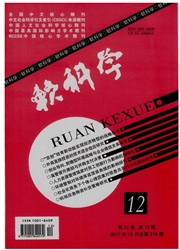

 中文摘要:
中文摘要:
以能源效率内生、规模报酬递增和要素产出弹性可变为条件构建“干中学”内生增长理论模型,对能源回弹效应进行了理论解释。通过引入包含资本、劳动力和能源消费的三要素柯布一道格拉斯生产函数,对西部省份1978-2014年能源回弹效应进行经验测算。结果发现:西部各省的经济发展对投资和能源的依赖性较强;西部各省能源回弹效应处于部分回弹区间;能源回弹效应的大小因时段和地域的不同也存在一定的差异;政策的实施对能源回弹效应的大小能够产生较大的影响。
 英文摘要:
英文摘要:
This paper theoretically explained the energy rebound effect based on setting up endogenous growth theory of ' learning by doing' by theory of energy efficiency of endogenous, increasing scale reward and elements of the output elastic- ity variable. Through bringing the energy consumption to the C-D production function, it estimated the energy rebound effect of the Western provinces from 1978 to 2014. Results showed that, firstly, western provinces dependent more on investment and energy. Secondly, the effect of energy rebound was different from region and period. Finally, policy had an impact on the scale of the rebound effect.
 同期刊论文项目
同期刊论文项目
 同项目期刊论文
同项目期刊论文
 期刊信息
期刊信息
